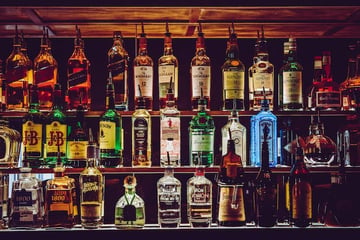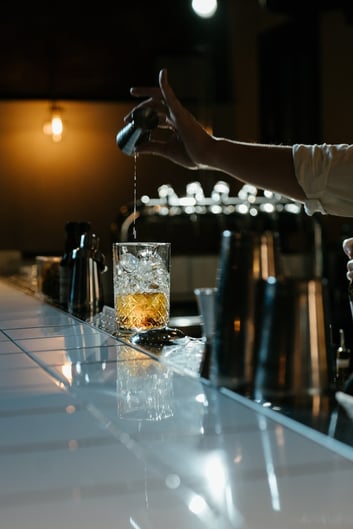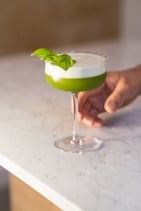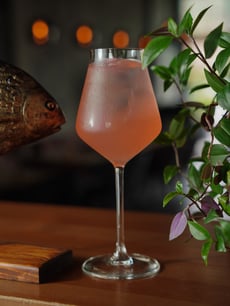Revolutionize your bar's efficiency and profitability by embracing liquor inventory automation to eliminate manual errors and streamline operations.
Unlocking the Potential of Automated Liquor Inventory Systems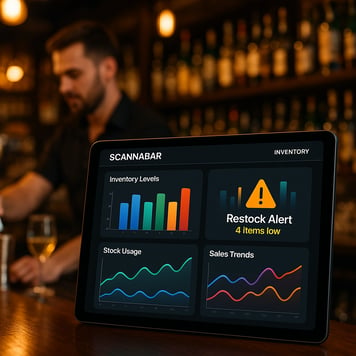
As a bar operator, one of the most time-consuming and error-prone tasks is managing liquor inventory. Automated liquor inventory systems like Scannabar unlock new levels of control and insight by digitizing the entire process. By eliminating manual counting and spreadsheets, these systems provide a real-time, accurate view of your stock, reducing human error and saving valuable labor hours.
The true potential of these systems lies in their ability to centralize your inventory data, making it accessible from anywhere and at any time. This means you can make informed decisions on-the-fly and avoid costly mistakes such as over-ordering or running out of popular products during peak hours.
How Automation Transforms Bar Efficiency and Staff Productivity
Automation takes the guesswork and tedium out of liquor inventory management. With solutions like Scannabar, scanning bottles and inputting data becomes a quick, streamlined task for bartenders and managers. This frees up staff to focus on delivering exceptional customer service rather than getting bogged down in back-of-house processes.
By reducing the workload and stress associated with inventory checks, staff morale improves, and turnover decreases. Automated reminders and scheduled counts ensure that inventory tasks are completed on time, further boosting productivity and ensuring operational consistency.
Reducing Losses and Boosting Profits with Real-Time Tracking
Shrinkage, spillage, and theft can significantly eat into bar profits, but real-time tracking provided by automated systems helps operators identify discrepancies instantly. With features like instant variance reports and consumption analytics, you can quickly spot trends or issues before they become major losses.
By keeping a closer eye on inventory in real time, bars can better control costs, ensure correct pours, and improve accountability among staff. Ultimately, this translates to higher profit margins and a healthier bottom line.
Integrating Technology Seamlessly into Your Bar Workflow
One of the concerns many operators have is how new technology will fit into their existing workflow. Modern inventory applications like Scannabar are designed for seamless integration, with intuitive interfaces and compatibility with point-of-sale systems. This means minimal disruption and a gentle learning curve for your team.
Proper training and user-friendly design ensure that staff can start using the system effectively from day one. The result is a smooth transition to automated processes that complement your bar’s unique operational style.
Choosing the Right Liquor Inventory Automation Solution for Your Business
Selecting the right inventory automation tool is crucial to realizing all the benefits automation has to offer. Operators should consider factors such as ease of use, integration capabilities, support, and scalability when evaluating options like Scannabar.
Look for a solution that not only fits your current needs but can also grow with your business. Reliable customer support and comprehensive training resources are essential to ensure long-term success with your chosen system.

 Understanding Your Target Audience
Understanding Your Target Audience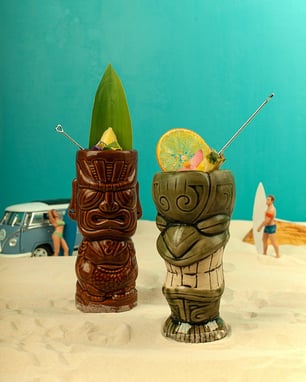
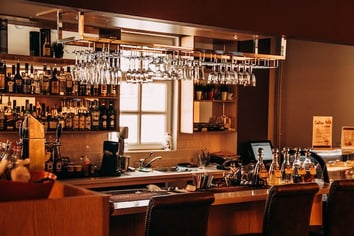 Emerging technologies shaping the guest experience
Emerging technologies shaping the guest experience
 Mixing Business and Pleasure: How the
Mixing Business and Pleasure: How the 